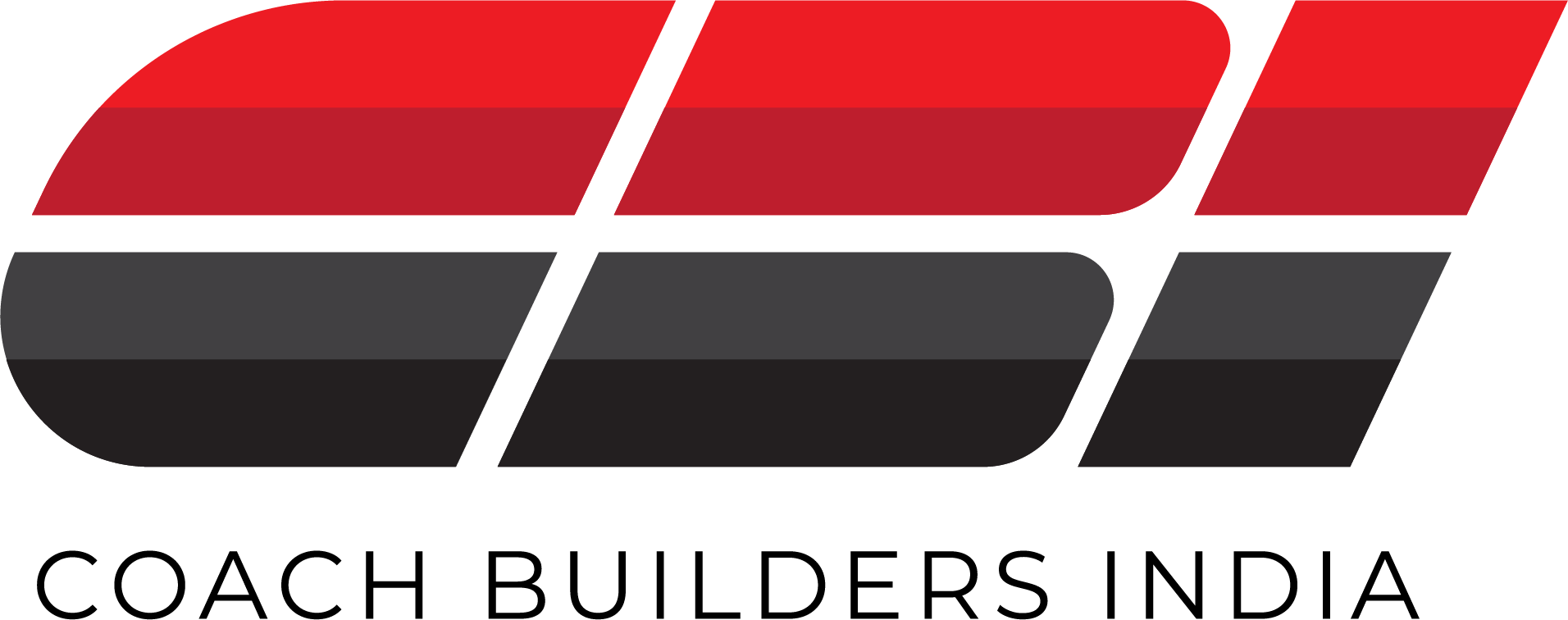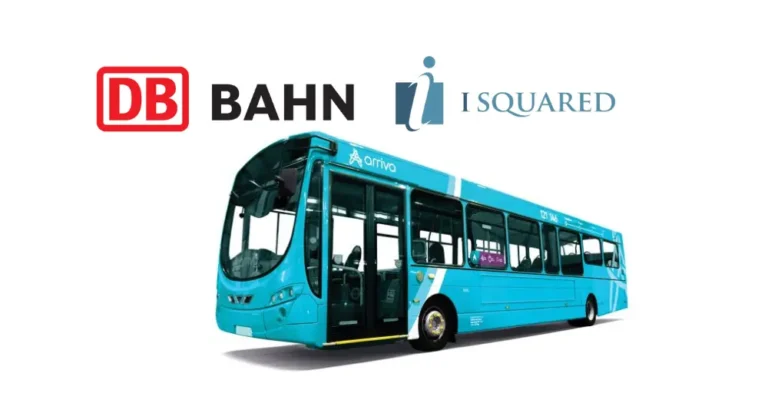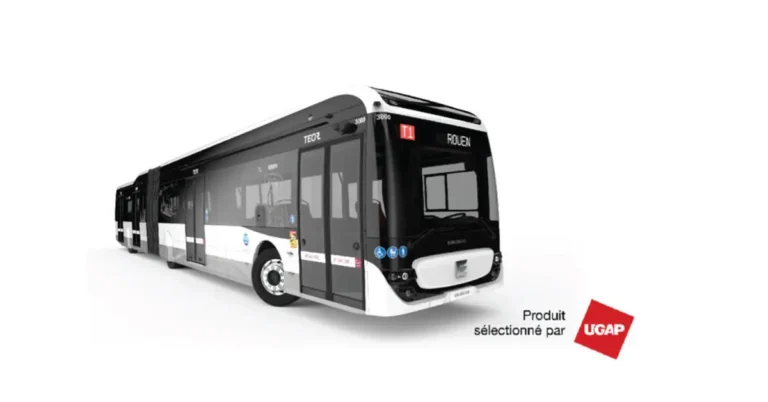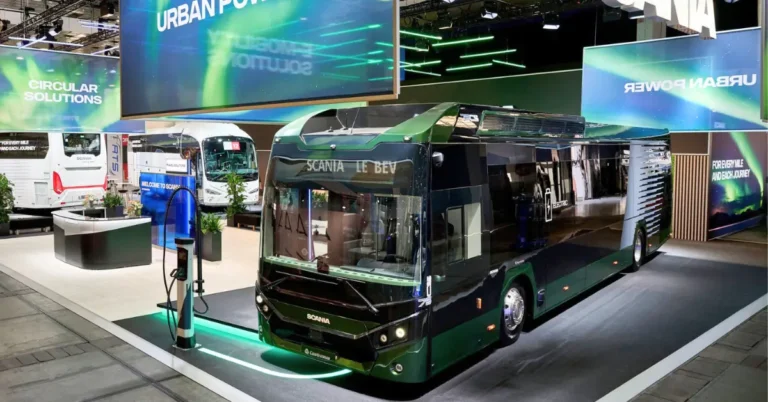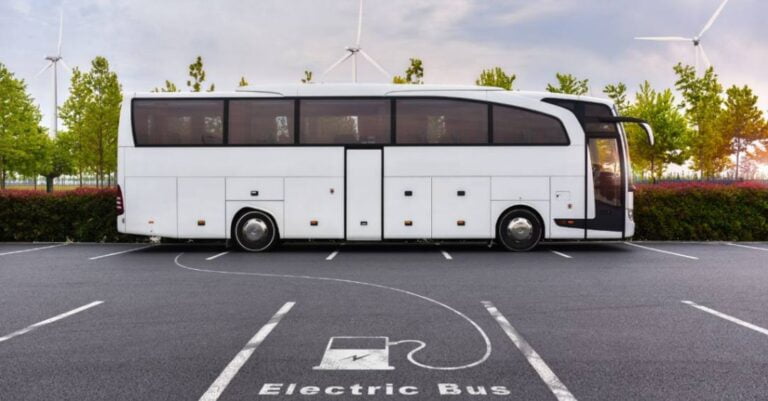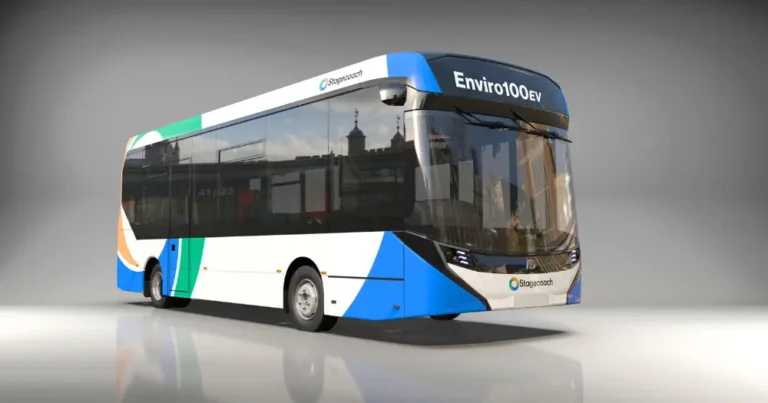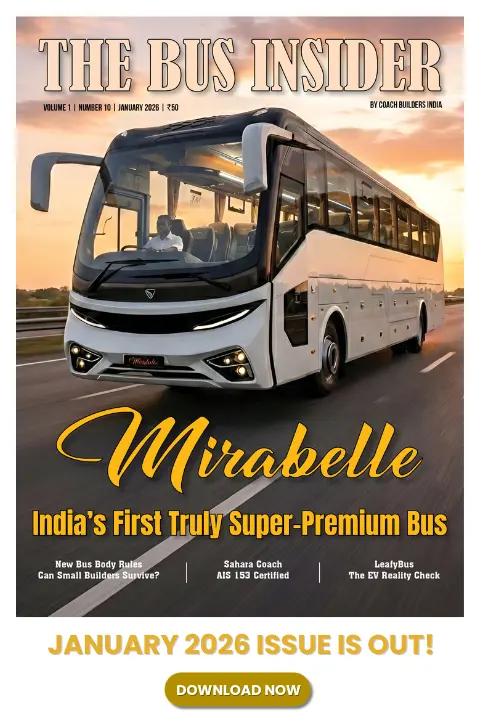How Solaris is leading the hydrogen bus revolution
Solaris is leading the hydrogen bus revolution with its range of Urbino buses. What started as just a prototype in 2019 saw the company transform and expand its influence, securing significant contracts and playing a key role in reshaping the landscape of sustainable public transportation.

Solaris has achieved notable success with its Urbino hydrogen buses. The journey began with the development of a prototype—a 12-meter bus exclusively powered by a hydrogen fuel cell.
This initiative culminated in the launch of the bus model in 2019, followed by the introduction of an articulated 18-meter version.
Fast-forward to 2024, Solaris is leading the hydrogen bus revolution globally with 200 hydrogen buses on the road as of date.
The reception of these state-of-the-art hydrogen buses has been highly positive among passengers, drivers, and carriers in various European towns and cities.
Solaris, emerging as a leader in integrating hydrogen technology into public transport, has cultivated partnerships with 40 operators.
Presently, Solaris is actively engaged in fulfilling orders for an additional 500 hydrogen vehicles, underscoring the growing significance of hydrogen buses within the manufacturer’s production portfolio.
Solaris Hydrogen Buses Across Europe
In recent months, Solaris has secured noteworthy contracts, including a significant milestone in September 2023. The company inked the largest single contract for hydrogen buses in Europe.
The Italian cities Bologna and Ferrara have ordered 130 Urbino buses from Solaris, marking the largest order of hydrogen buses in Europe. The contract also allowed for the potential inclusion of 140 more vehicles.
This substantial contract underscores Solaris’s continued prominence in the hydrogen bus market.
Solaris continued to expand its footprint with substantial orders from prominent European public transport operators throughout 2023.
Azienda Veneziana della Mobilita, an Italian operator, placed an order for 90 Urbino hydrogen buses. This comprehensive order includes 75 12-meter units and 15 articulated buses.
These zero-emission hydrogen buses are slated for service both on the mainland and the islands of the Venetian Lagoon. The contract also incorporates an option for an additional 23 hydrogen-powered buses.
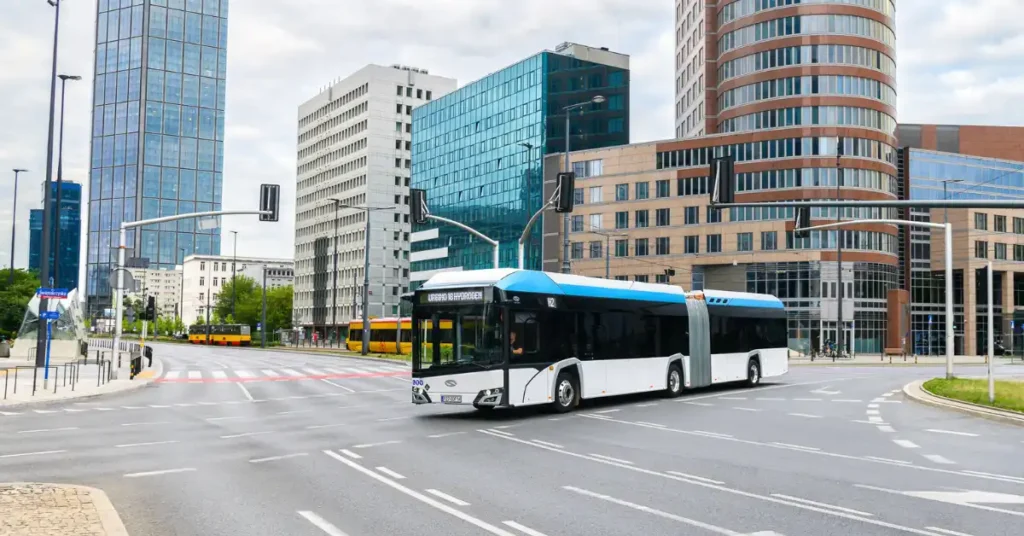
In the German market, Solaris secured a significant order from RVK Köln. This marks the third collaboration between the two entities.
RVK Köln chose Solaris hydrogen buses yet again, expanding its fleet to include 35 hydrogen buses and 18 articulated vehicles equipped with cutting-edge hydrogen fuel cell technology.
Notably, the Urbino 18 hydrogen model selected by RVK will incorporate advanced driver assistance systems.
Solaris also bagged an order to deliver 10 Solaris Urbino 12 hydrogen buses to German transit operator Rheinbahn on January 2024.
Click here to read more about the hydrogen buses that Solaris will deliver to Rheinbahn.
Germany’s eminent bus operator SWK Mobil Krefeld also ordered 10 Solaris Urbino 12 hydrogen buses.
Click here to read more about SWK Mobil Krefeld’s order of Solaris hydrogen buses.
Most recently, Barcelona’s Transport Metropolitans de Barcelona (TMB) selected Solaris to supply 36 Solaris Urbino 12 and two articulated hydrogen buses to the city, with deliveries scheduled in 2024.
Solaris’s robust order book, featuring commitments from clients across Austria, Switzerland, Germany, Spain, France, Italy, the Netherlands, Poland, Sweden, and Slovakia, is a testament to its strong market presence.
The market data aligns with this, underscoring the rising demand for hydrogen buses in Europe.
Solaris Hydrogen Hall
Acknowledging the evolving landscape of the hydrogen vehicle market and the increasing demand for buses powered by hydrogen fuel cells, Solaris has been strategically reinforcing its presence in this sector.
A notable initiative in this direction is the establishment of the Hydrogen Hall, a recent project by Solaris.
This facility will be integrated into the manufacturing line, specifically dedicated to the production of hydrogen bus drivelines. This investment reflects Solaris’s commitment to advancing its capabilities in response to the growing prominence of hydrogen-powered vehicles.
Hydrogen Bus Market in Europe
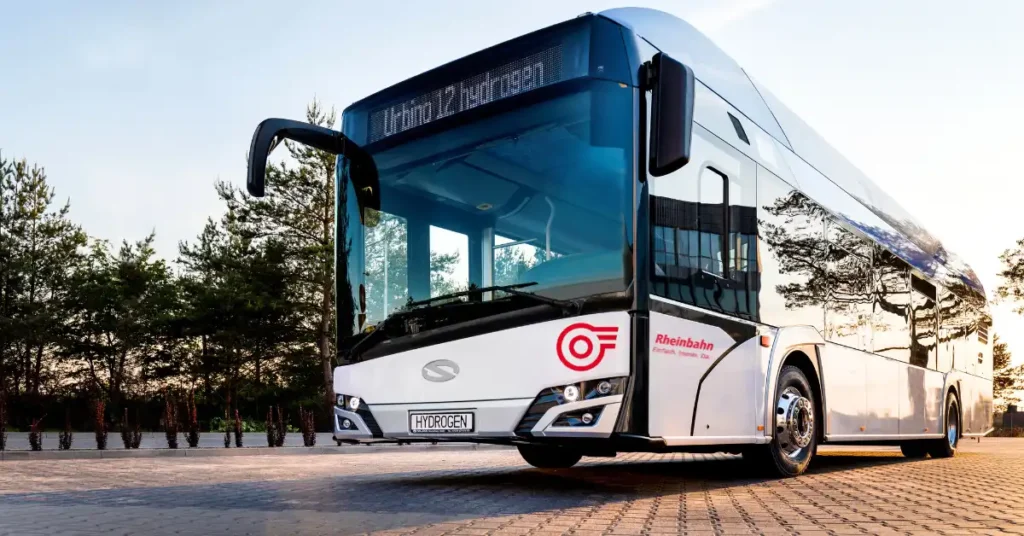
Hydrogen Bus Penetration
In 2022, 99 hydrogen buses were registered in Europe for public transport purposes. While complete data for 2023 is not yet available, the figures for the first three quarters indicate a substantial increase.
During this period, a total of 137 newly registered buses, powered by hydrogen fuel cells, hit the streets of Europe, reflecting a remarkable 38% growth compared to 2022. These figures are expected to further improve with the inclusion of data from the last quarter.
To put this growth into perspective, in 2018, not a single hydrogen bus was registered in Europe.
The projections for the zero-emission bus market are optimistic, aligning with the growth trend observed in recent years. European countries, driven by ambitious emission reduction goals, view hydrogen buses as a viable solution to meet targets and enhance urban air quality.
As per the current stance of the Council and the European Parliament, a significant shift is expected, with all new city buses in the EU mandated to be 100% zero-emission by 2035.
This regulatory push is likely to further propel the adoption of hydrogen buses and contribute to a cleaner and more sustainable urban transport landscape.
Hydrogen Refueling Stations

In the domain of hydrogen refueling stations, the current landscape boasts more than 230 operational stations, with an additional 120 stations currently under construction. Reflecting a commitment to further expansion, the AFIR Regulation, effective since April of this year, mandates the deployment of hydrogen refueling stations with a maximum spacing of 200 km along the most significant EU transport corridors by 2030.
Several compelling arguments support the adoption of hydrogen. Foremost, hydrogen serves as a completely clean energy source, generating no carbon emissions when used as fuel. Noteworthy advantages include extended ranges, high energy density, rapid refueling, fleet management flexibility, and distinctive quietness during operation.
However, Solaris’s mission transcends the manufacturing of hydrogen vehicles. The company aspires to be a pivotal partner in the implementation of this technology in public transport, emphasizing a broader commitment to advancing and integrating hydrogen-based solutions in the transportation sector.
Catch the latest Bus Industry updates, Exclusive Interviews, Bus News, and International Bus News on Coach Builders India. Download the latest issue of the The Bus Insider magazine for more insights.
